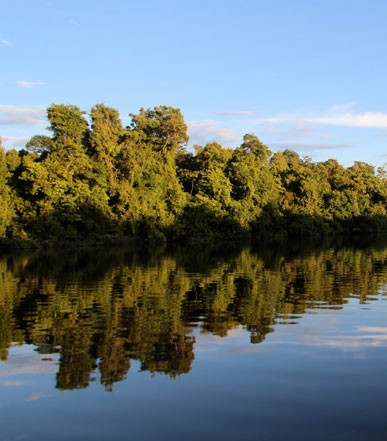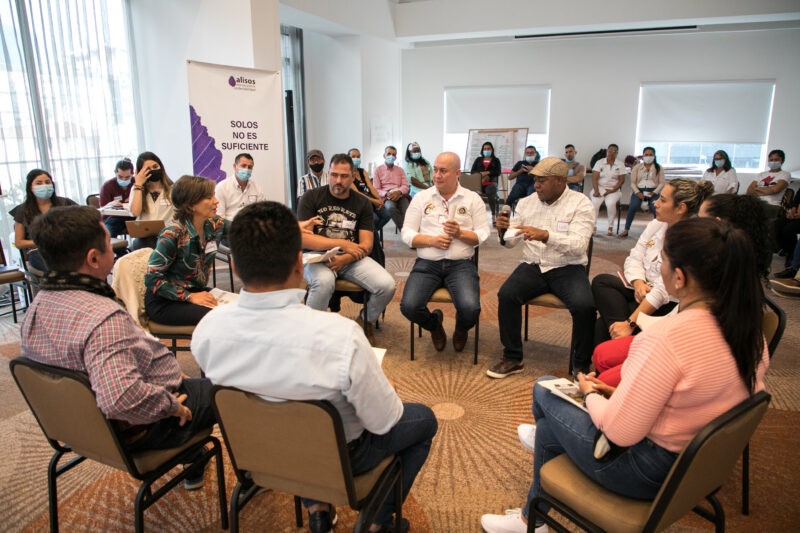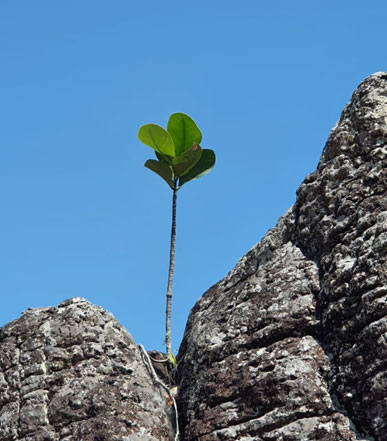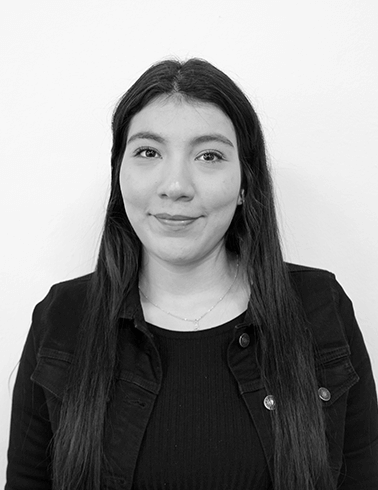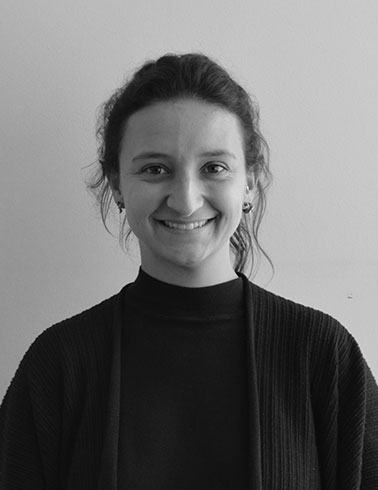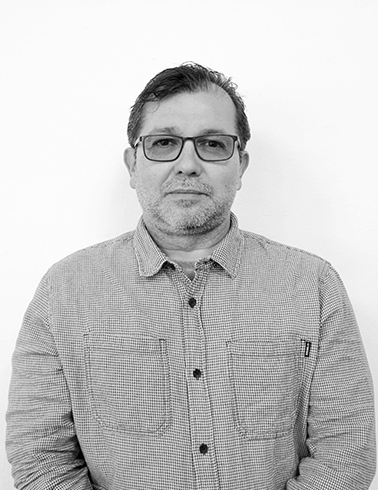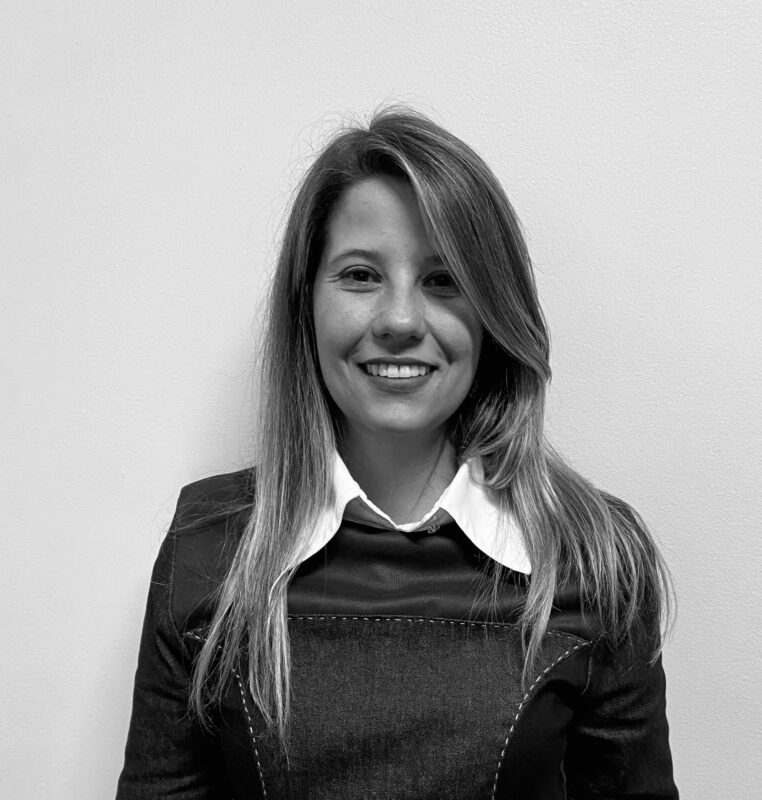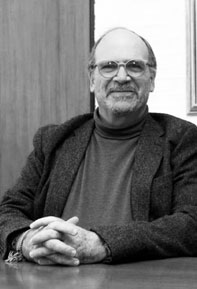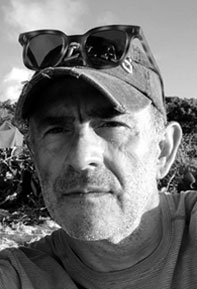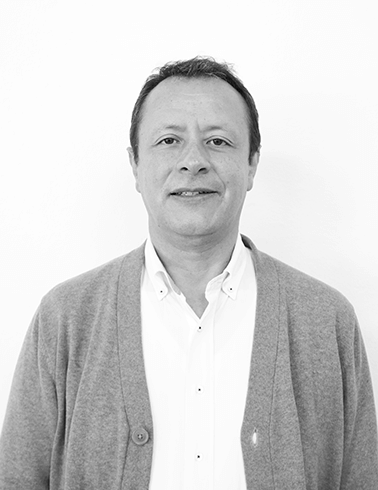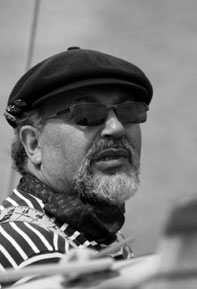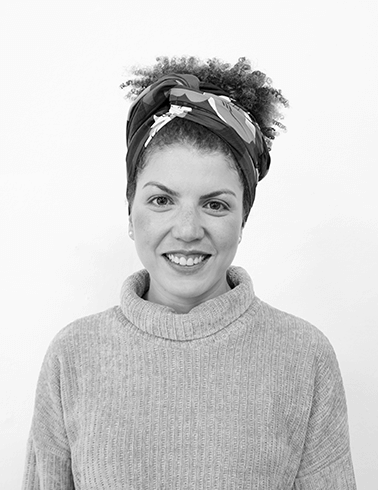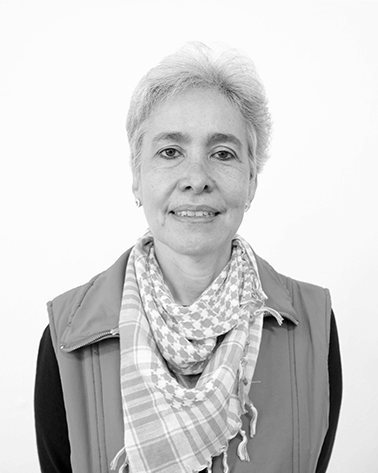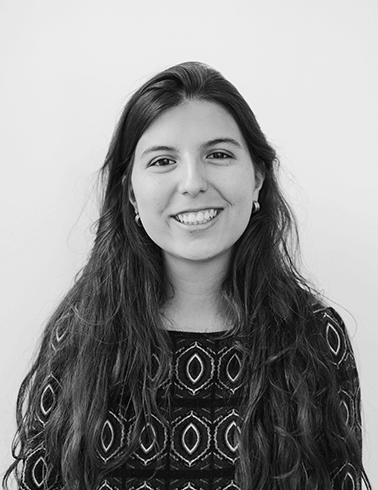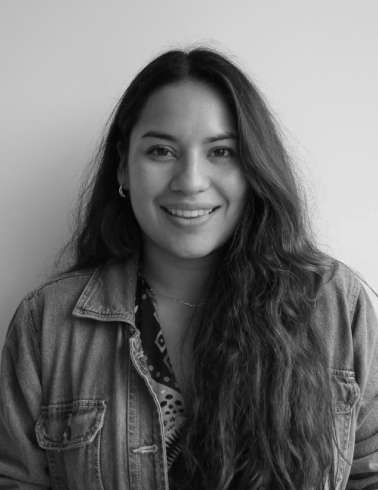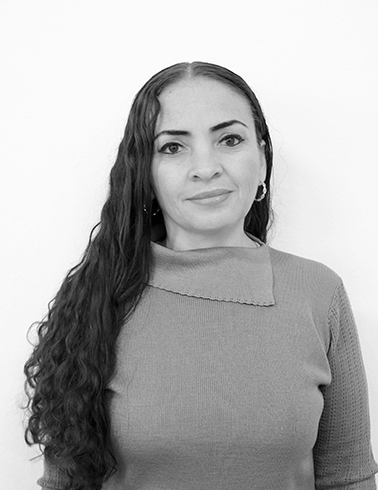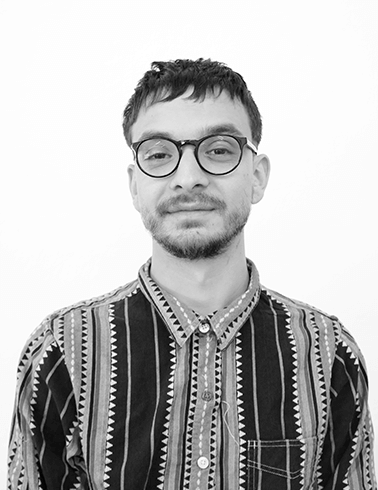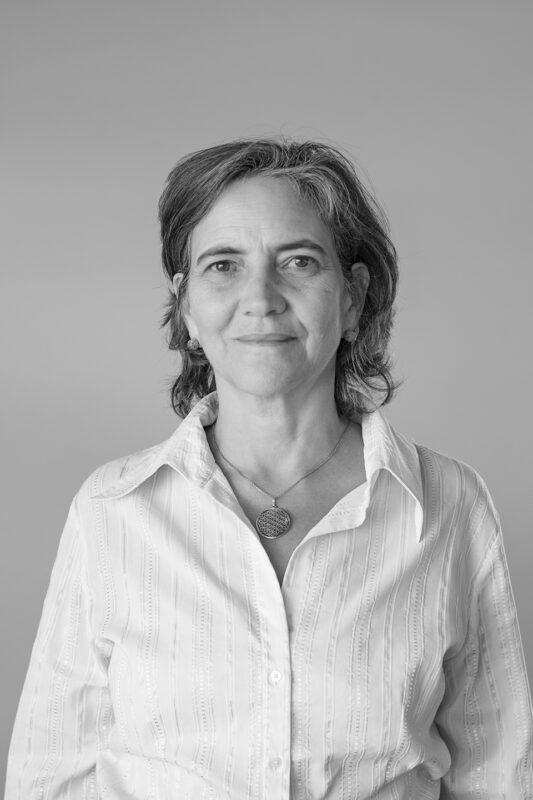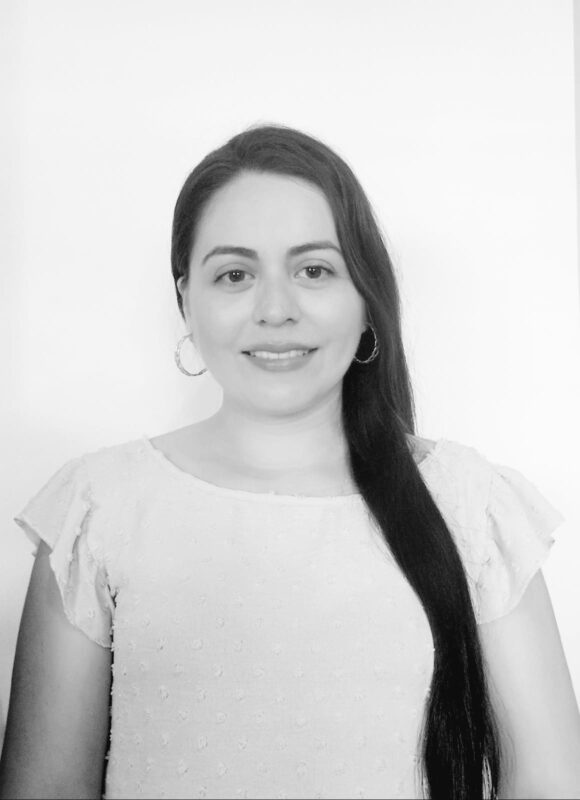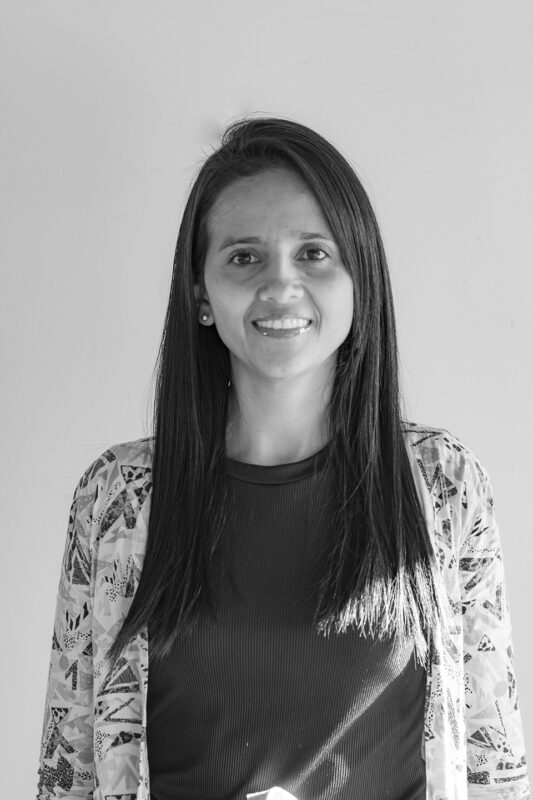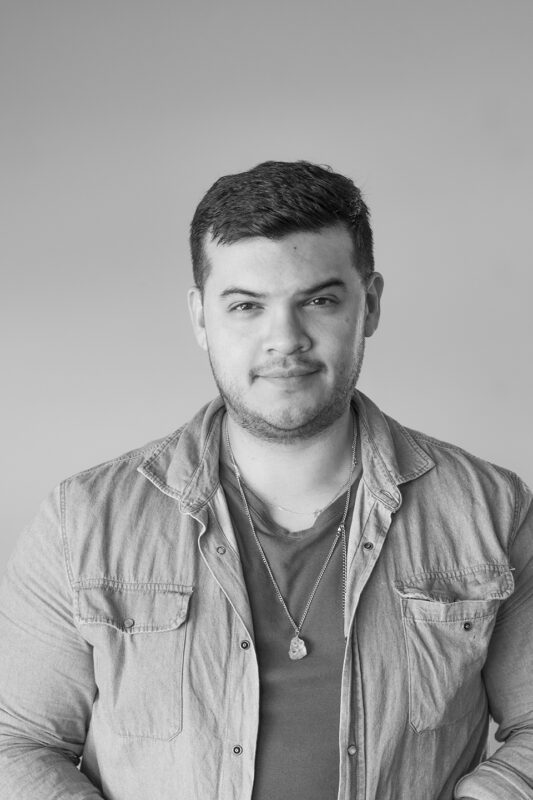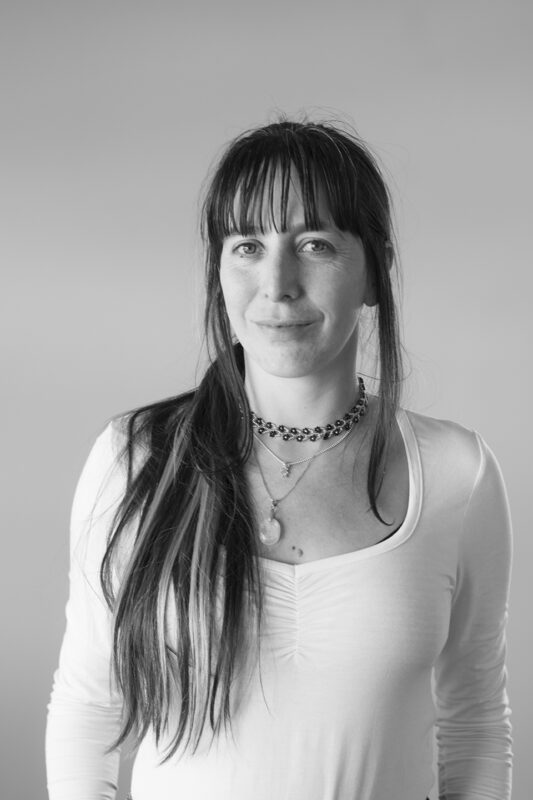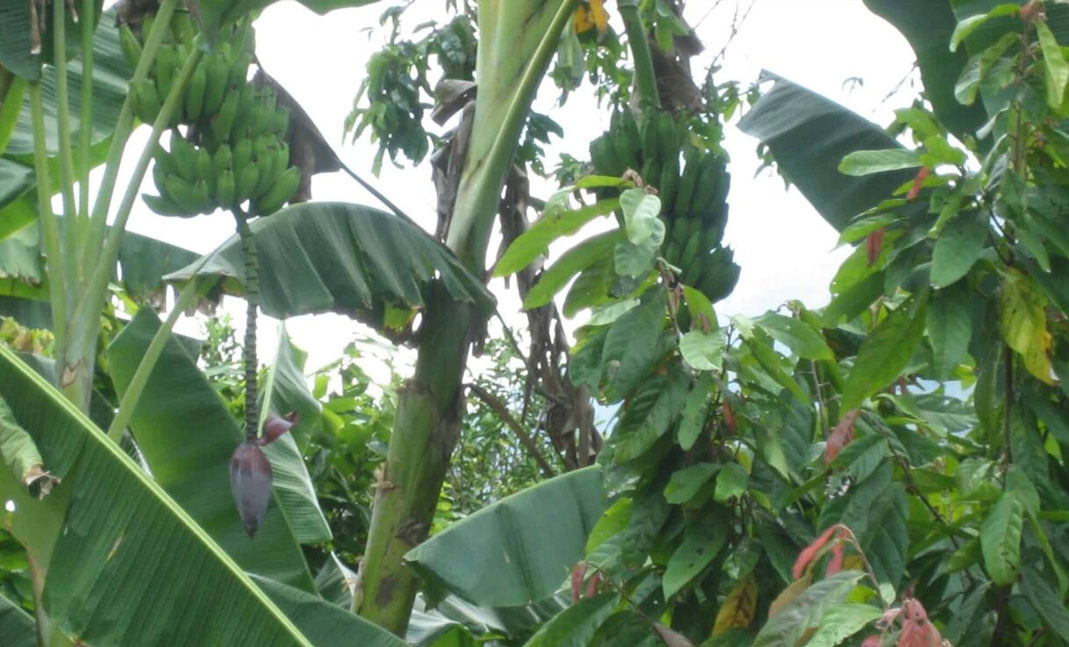
A title
Image Box text
hat if some of the world’s most important cocoa producing countries, such as Brazil, Colombia, Côte d’Ivoire, the Dominican Republic, Ghana and Peru were able to share experiences on the cocoa value chain? This is what the Global Community of Knowledge and Practice for a Sustainable Cocoa promoted for the first time, under the leadership of the World Bank; Alisos, a Colombian organization with years of experience facilitating dialogue and capacity building activities such as the Cocoa, Forests & Peace Initiative ; and Kinomé, a social enterprise founded in 2005 to improve the lives of human beings through trees and reverse the global trend of deforestation, were tasked with delivering on the technical aspects of the program.
The program organized a 10-month long training composed of three modules with monthly online sessions. The first module focused on building capacity for reaching powerful alliances and full value agreements within the stakeholders of the cocoa value chain. A second module showcased real-life successful projects and agroforestry models from each of the six countries. The third module, consisting of five webinars, opened the program to a wider audience of stakeholders from the global value chain.
Fifty participants, representing key players from the government, industry, national cocoa organizations, cooperatives, farmers’ associations, civil society, and the Cocoa & Forests Initiative secretariats, formed 6 core groups, one for each of the participating countries. From January to October 2021, through a series of training sessions, the core groups were able to share experiences and knowledge and have conversations on relevant issues for sustainable cocoa. In December 2021, to finalize the program, three onsite workshops took place in Colombia, Côte d’Ivoire and Ghana with the purpose of collecting data and inputs for an agroforestry guide.
Participants gave positive feedback on the program, highlighting an innovative approach and relevance of the topics. They were confident that the knowledge acquired can be used in their day-to-day personal or professional life. They also felt the program helped them understand the diversity of contexts for each country yet allowed them to find many similarities. They discovered they are all facing similar challenges but are at different stages for finding solutions. This means there is the potential of working together to have more impact and thereby take advantage of lessons learned and global capacities.
Divier Pérez, one of the participants from Core group Colombia, said: “The learning that the module leaves us with is to observe that no matter how much distance there is between the different cocoa-producing countries, farmers have the same limitations, difficulties and problems that we face in Latin America and Colombia.” Another participant, Vitor Stella, from Core group Brazil, explained: “For me the core group in Brazil was amazing because we really got together and thought together, started a movement, and had a conversation regarding two main topics at the time: technical assistance which is the main problem we have in Brazil but also financial issues.”
Another key discovery made by participants was the importance of having strong and fluid communication to be able to share knowledge and align in terms of needs and opportunities of the market and regulation. Many participants also raised the need to empower cocoa farmers to ensure sustainability and better living income. Farmers perceive that the existing policies are not sufficient to overcome today´s challenges in terms of sustainability and decent income.
One outcome from the knowledge exchange program is a website that includes the contents of the training sessions, videos on agroforestry from Côte d’Ivoire, Colombia and the Dominican Republic and the agroforestry guide developed. It will also be a space for members of the Global Community of Knowledge and Practice for a Sustainable Cocoa to share their projects and stay up to date on events shared by all members.
The six participating countries are committed to continue working towards strengthening this Global Community thanks to the support of the World Bank and other actors of the global cocoa value chain. We also invite all cocoa stakeholders interested in joining the community to contact us to keep working towards sustainable cocoa!.
